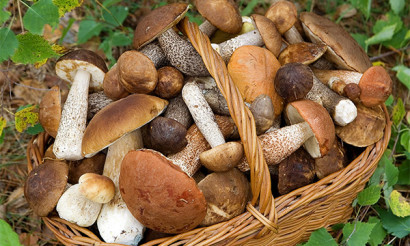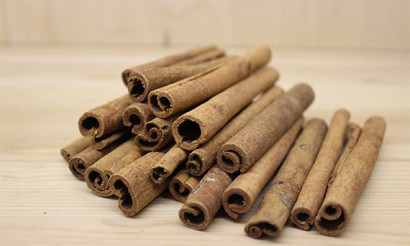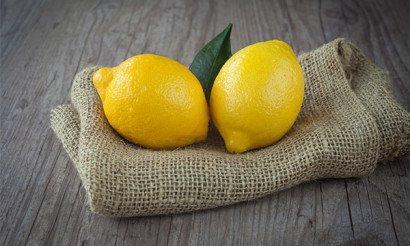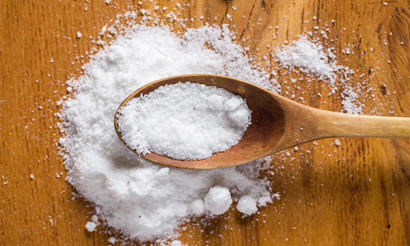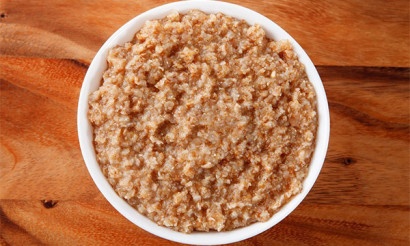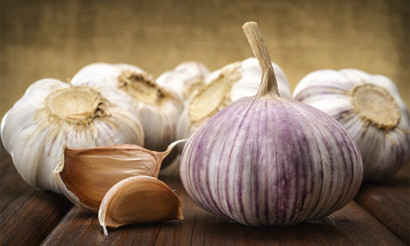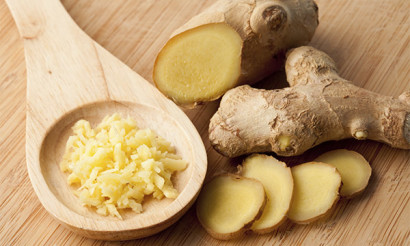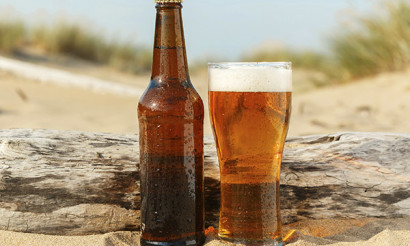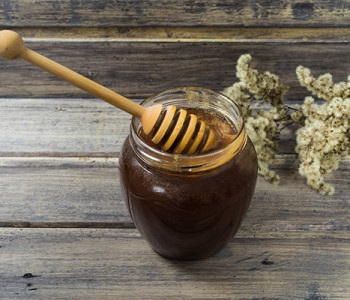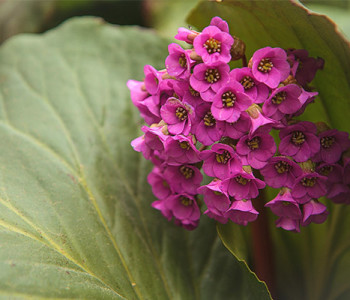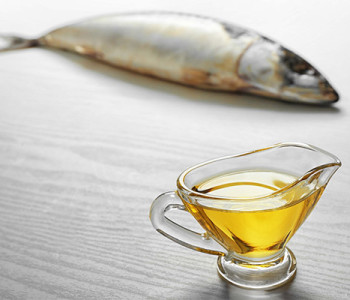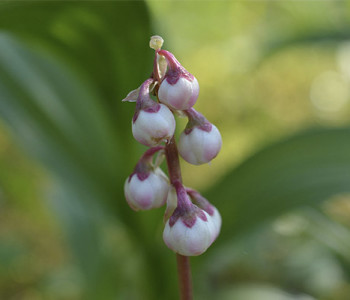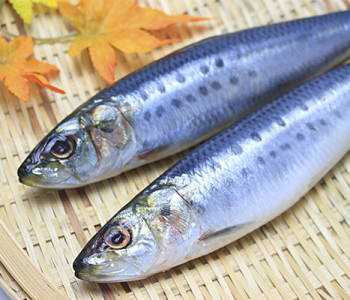How sugar affects the human body
The dangers of sugar are everywhere. Many athletes and bloggers repeatedly organized sugar-free marathons and shared their results over time. Let’s see how bad it is all the same and whether it has at least some positive aspects.
Natural types of sugar include:
- Beetroot - our usual, white granulated sugar or refined sugar.
- Cane is also a popular brown sugar.
- Other species (coconut, maple and palm) - they have not received proper distribution due to the high cost or limited region of distribution.
Immediately it is worth saying that in nutrition, everything is good in moderation. And the use of sugar in moderate doses for our body does not pose any threats. Moreover, sugar is physically necessary for metabolic processes in our body.
About the beneficial properties of sugar
We all know from biology lessons that sugar quickly breaks down into glucose and fructose, and then enters the bloodstream. Glucose is necessary for the proper functioning of the body.
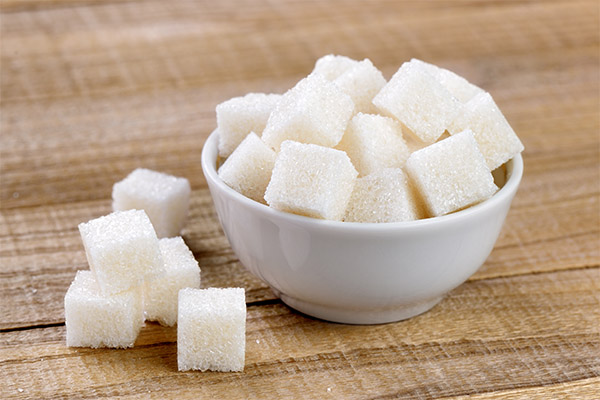
The second point is our pleasure derived from sweets. And if the mood improves, then this item can also be attributed to the pluses.
But is everything so unambiguous in relations with sugar and what lies behind these positive qualities?
About the dangers of sugar for the body
- The fact is that our body is able to get glucose and fructose from a variety of food products, including fruits and vegetables. But sugar in most desserts and soft drinks will already be redundant. And, as you know, all unnecessary has the property to be postponed. Hence the negative impact on the figure.
- Blood sugar rises as soon as we start eating something sweet. A sharp release of insulin occurs to stabilize the situation. Gradually, the sugar level normalizes, but it is replaced by another feeling of hunger. In this case, we get a stormy appetite and a constant feeling of hunger.
- Excessive sugar intake is addictive. It provokes the release of “hormones of joy”, like a drug, so we love to delight ourselves with sweets. But over time, abandoning them becomes more difficult.
Overweight
All of the above features of sugar consumption inevitably lead to excess weight. With excess body weight, continuing uncontrolled sugar intake is detrimental to health. This leads to serious diseases:
- the development of diabetes;
- fragility of bones and problems with teeth;
- excessive load on the heart and liver;
- eating disorder: overeating, intense appetite, persistent hunger.
All these problems can really be avoided by giving up sweets in time. They are perfectly replaced by fruits and honey. Try to give up sugary drinks for at least two weeks, do not add sugar to tea and coffee. Believe me, time will pass and you will not like the taste of sweetened tea.
And if it’s really hard at first, then try to eat natural sweetener - stevia. At first it seems that she has a grassy flavor, but you can get used to it for the sake of your own health and a slim figure.
You should not buy synthetic sweeteners. Many of them accumulate in the body, cause digestive upset and are toxic.
The benefits of refusing sugar
Enjoy a more expressive fruit flavor.
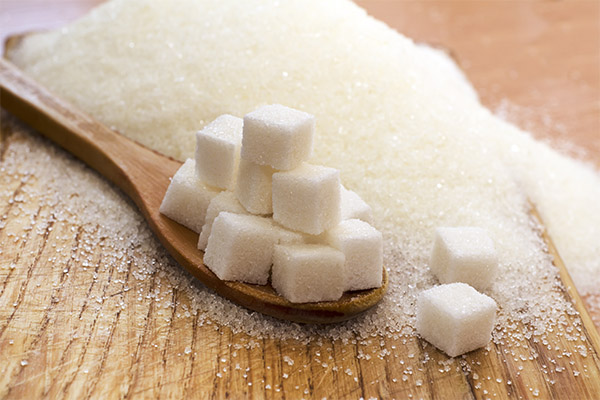
- Good sleep and cheerfulness in the morning.
- Improving the condition of the skin.
- Energy, lightness in the body.
- Weight loss.
Sweet tooth with experience is really hard to give up sugar once and for all. But if you put on the scales the benefit that sugar personally brings to you, and the benefits that you get by abandoning it, the second will definitely outweigh.
Be more attentive to your health - it should always be a priority. Lead an active lifestyle, eat right, and treat yourself to sweets only on holidays.
«Important: all information on the site is provided exclusively in fact-finding purposes. Before applying any recommendations, consult with a profile specialist. Neither the editors nor the authors are liable for any possible harm caused materials. "

